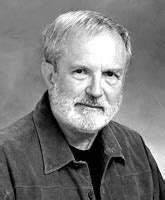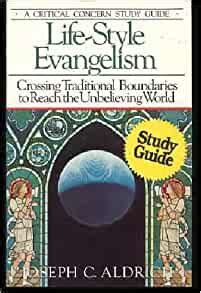A Quote by Georg C. Lichtenberg
There were honest people long before there were Christians and there are, God be praised, still honest people where there are no Christians. It could therefore easily be possible that people are Christians because true Christianity corresponds to what they would have been even if Christianity did not exist.
Related Quotes
I write for people who aren't Christians. I write for non, new, and nominal Christians who are curious about the Bible and Christianity. They're like New York City. If I can make it there, I can make it anywhere. If I can write a book about the Bible that's engaging enough to attract people who aren't even Christians, I'm betting Christians will want to read it, too.
Christians have always tended to transform the Christian Revelation into a Christian religion. Christianity is said to be a religion like any other or, conversely, some Christians try to show that it is a better religion than the others. People attempt to take possession of God. Theology claims to explain everything, including the being of God. People tend to transform Christianity into a religion because the Christian faith obviously places people in an extremely uncomfortable position that of freedom guided only by love and all in the context of God's radical demand that we be holy.
The best argument for Christianity is Christians: their joy, their certainty, their completeness. But the strongest argument against Christianity is also Christians-when they are somber and joyless, when they are self-righteous and smug in complacent consecration, when they are narrow and repressive, then Christianity dies a thousand deaths.
If Christians could be trained to provide solid evidence for what they believe and good answers to unbelievers’ questions and objections, then the perception of Christians would slowly change. Christians would be seen as thoughtful people to be taken seriously rather than as emotional fanatics or buffoons. The gospel would be a real alternative for people to embrace.
Real people live with, you know, being Christians with cancer, Christians with AIDS, and Christians coming back home with limbs missing from war, and Christians being evicted, and Christians losing their homes. And if you don't paint that picture, too, then I think that you are misrepresenting what the faith really can look like.
The time has come that Christians must vote for honest men and take consistent ground in politics or the Lord will curse them. . . . Christians have been exceedingly guilty in this matter. But the time has come when they must act differently. . . . Christians seem to act as if they thought God did not see what they do in politics. But I tell you He does see it - and He will bless or curse this nation according to the course they Christians take in politics.
We do God’s work for our brothers and sisters when we learn to listen to them. So often Christians, especially preachers, think that their only service is always to have to 'offer' something when they are together with other people. They forget that listening can be a greater service than speaking. Many people seek a sympathetic ear and do not find it among Christians, because these Christians are talking even when they should be listening.
If this understanding of the good news of Jesus prevailed among Christians, the belief that Jesus’s message is about how to get somewhere else, you could possibly end up with a world in which millions of people were starving, thirsty, and poor; the earth was being exploited and polluted; disease and despair were everywhere; and Christians weren’t known for doing much about it. If it got bad enough, you might even have people rejecting Jesus because of how his followers lived. That would be tragic.
If Christians around the world were to suddenly renounce their personal agendas, their life goals and their aspirations, and begin responding in radical obedience to everything God showed them. the world would be turned upside down. How do we know? Because that's what first century Christians did, and the world is still talking about it.




































